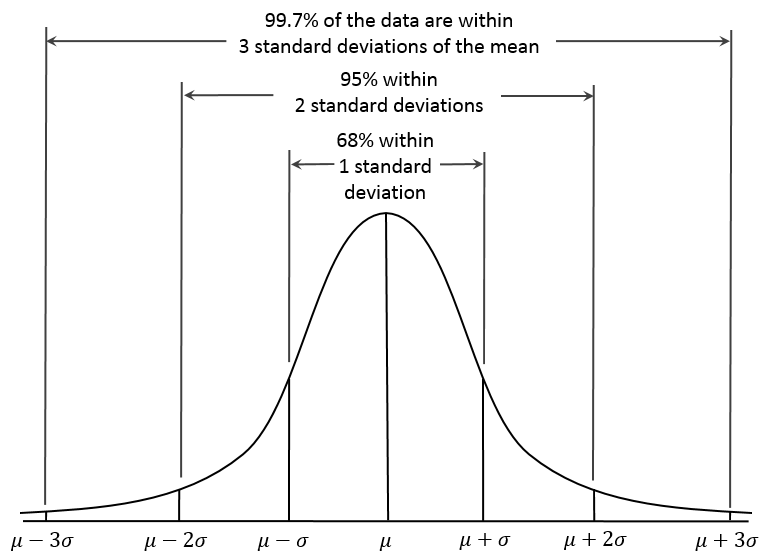Short answer
IQ scores are distributed normally, because they follow the central limit theorem.
Background
When we measure IQ scores in sufficiently large populations, they will be normally distributed. This holds for healthy controls, as well as groups of people with ADHD or reading disabilities (Kaplan et al., 2000), and also in people with mild to moderate mental retardation (Bellugi et al. (2003).
Many biological variables follow a normal distribution quite well. This is a result of the central limit theorem, which says that when you take a large number of random numbers, the means of those numbers are approximately normally distributed (McDonald, 2012). When for example the weight distribution is sampled in a population, it will vary with age, nutrition, disease status etc. The addition of these independent random variables result in the variable (in this case weight) to become normally distributed ("bell shaped"), even if the original variables themselves are not normally distributed (source: wikipedia).
Hence, your statement Do we as a society have the right attitude to variation in human intelligence? Because it seems to me we are either over-nurturing the extremes, or should not represent it as a normal distribution doesn't really apply here, as IQ score distributions have nothing to do with 'us as a society having the right to do something'.
References
- Bellugi et al., Enfance (2003); 3(55): 237-49
- Kaplan et al., J Learning Disabilities (2000); 33(5): 425-32
- McDonald, Handbook of Biological Statistics, 3rd ed. (2012). Sparky House Publishing, Baltimore, Maryland
 Why not suppose that intelligence is e.g. a uniform distribution? You can see clearly, in the picture below, that if it's modeled in that way:
Why not suppose that intelligence is e.g. a uniform distribution? You can see clearly, in the picture below, that if it's modeled in that way: